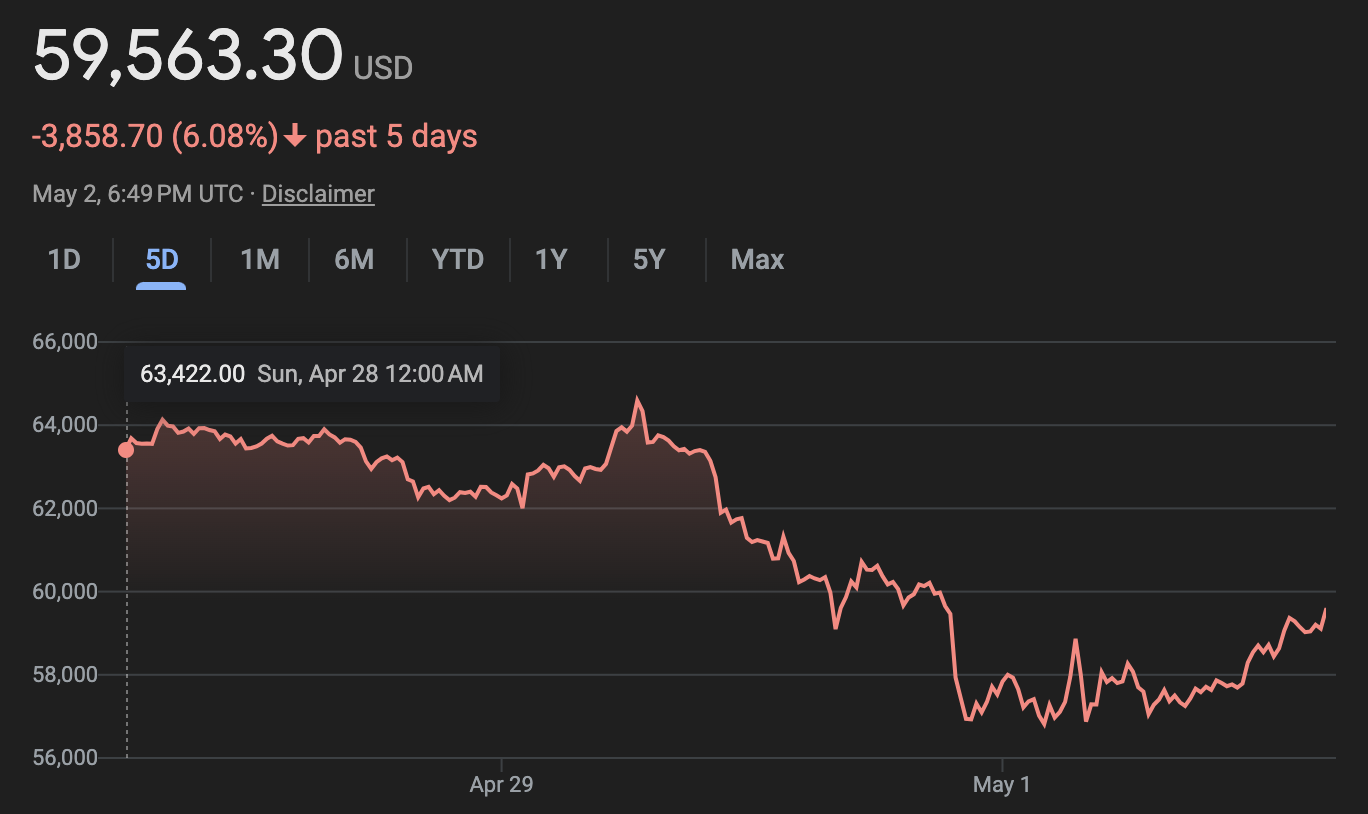The Role of Cryptocurrency in Online Gaming
The rapid growth of cryptocurrency and blockchain technology has begun to influence various sectors, with online gaming emerging as one of the most notable beneficiaries. As the gaming industry evolves, cryptocurrencies are providing new opportunities for developers, players, and investors alike. This article explores the role of cryptocurrency in online gaming, examining its benefits, challenges, and future implications.
The Rise of Cryptocurrency in Gaming
Cryptocurrencies, digital assets that leverage blockchain technology for secure transactions, have gained popularity since Bitcoin’s inception in 2009. Their decentralized nature offers several advantages over traditional payment methods, including lower transaction fees, enhanced security, and faster processing times. As a result, many online gaming platforms have started to integrate cryptocurrencies as payment options.
In recent years, the gaming industry has witnessed a surge in blockchain-based games and platforms that utilize cryptocurrencies for in-game purchases, rewards, and player-to-player transactions. The allure of earning real value from gameplay has captured the attention of both gamers and developers, paving the way for new business models and monetization strategies.
Benefits of Cryptocurrency in Online Gaming
- Enhanced Security and Transparency
Cryptocurrencies are built on blockchain technology, which ensures that all transactions are recorded securely and transparently. This eliminates the risk of fraud and provides players with confidence in the integrity of the gaming environment. Players can verify transactions independently, leading to a more trustworthy gaming experience.
- Lower Transaction Fees
Traditional payment methods often involve high processing fees, especially for microtransactions common in gaming. Cryptocurrencies can significantly reduce these fees, making it more cost-effective for players to make in-game purchases. This benefit is particularly important for developers, who can pass on these savings to players or reinvest them into improving their games.
- Ownership and Asset Management
Blockchain technology enables true ownership of in-game assets. Players can buy, sell, and trade items using cryptocurrencies, which can be done securely and transparently on various marketplaces. This ownership model empowers players, as they can retain their assets even if they stop playing a particular game or switch to a different platform.
- New Revenue Streams for Developers
Integrating cryptocurrencies allows game developers to explore new monetization strategies. For example, they can implement play-to-earn models, where players earn cryptocurrency for completing tasks or achieving milestones in the game. This innovative approach not only incentivizes gameplay but also attracts a wider audience looking to profit from their gaming skills.
Challenges of Cryptocurrency in Gaming
- Volatility
One of the significant challenges facing cryptocurrencies is their inherent volatility. Prices can fluctuate wildly within short periods, creating uncertainty for players and developers alike. This volatility can affect in-game economies, leading to challenges in pricing and valuation of assets. Developers need to implement measures to stabilize in-game currencies or provide players with options to mitigate risks.
- Regulatory Uncertainty
The regulatory landscape surrounding cryptocurrencies is still evolving. In many regions, laws governing digital currencies and blockchain technology are unclear, creating challenges for gaming companies looking to integrate these assets. Developers must navigate complex legal frameworks to ensure compliance, which can be time-consuming and costly.
- Technical Barriers
While blockchain technology offers numerous advantages, it can also pose technical challenges. Many players may be unfamiliar with cryptocurrencies and blockchain, creating a learning curve that could hinder widespread adoption. Game developers must provide user-friendly interfaces and educational resources to facilitate a seamless experience for players new to digital currencies.
The Future of Cryptocurrency in Online Gaming
As technology continues to advance, the role of cryptocurrency in online gaming is expected to grow. The integration of non-fungible tokens (NFTs) has already started to change the landscape, allowing players to buy, sell, and trade unique in-game items securely. This trend will likely expand, leading to more innovative applications of blockchain technology in gaming.
Furthermore, as more players become familiar with cryptocurrencies, the demand for blockchain-based games will likely increase. This shift could prompt traditional game developers to explore integrating digital currencies into their platforms, leading to a more diverse and competitive gaming ecosystem.
Conclusion
Cryptocurrency is poised to play a transformative role in the online gaming industry, offering numerous benefits such as enhanced security, lower transaction fees, and true ownership of assets. While challenges remain, including volatility and regulatory uncertainty, the potential for innovation and growth is substantial. As developers and players continue to embrace cryptocurrencies, the gaming landscape will undoubtedly evolve, paving the way for new experiences and opportunities in the digital realm. With its unique advantages, cryptocurrency has the potential to redefine how players engage with games and how developers monetize their creations, creating a more dynamic and inclusive gaming environment.














Post Comment